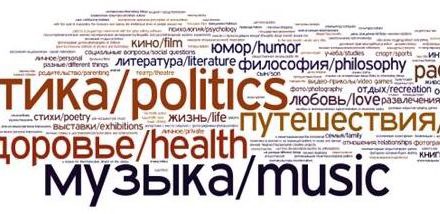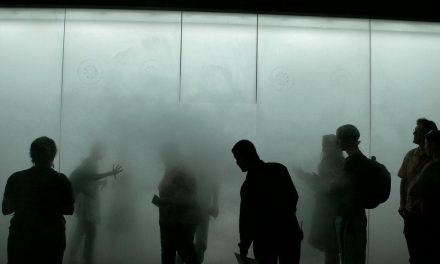For two decades I have worked with and on computers, assisting clients both in preventing emergencies and reacting to catastrophes. After all this time, though the urgency of a given situation still exists, I no longer have the panic and anxiety that comes from dealing with a new or unfamiliar crisis; largely I’ve seen it before, and helped a client pull through. I’m able to remain calm and put my head down, getting to work.
I have been an active Freemason for more than ten years, and in that time have participated in every ceremony available at the local level, most dozens if not hundreds of times. If something unexpected happens or quick adjustments need to be made, I can keep my wits about me and perform my role to the best of my ability.
My diploma proudly declares that I received my bachelors’ degree in Theatre Arts, and yet says nothing of the almost fifteen years I spent actively engaged in a local improv troupe, practicing public speaking, political science, and quick-thinking. If someone drops a line in the middle of a performance, or a cue is missed, that’s okay; I’m confident in my ability to pick up what was left and have the show go on.
Contrary to the above, this post isn’t about me. In all of the situations I presented, I omitted talking about a key individual: the witness. In the first, the client fearing for their business. In the second, the candidate of our mysteries. In the third, the audience member. Though I may be coming at these situations like a seasoned professional, with dozens of like experiences under my belt, I have to remember that these situations are not things someone witnessing it may be used to.
To a doctor giving a child its first vaccine, that may be the tenth or twentieth such procedure that day. For the child, it’s a traumatic and unexpected event that could, if handled poorly, leave a lasting mental impression. The same, to some degree, be said for the other examples given above; though an actor has prepared for months to deliver a line, it’s the first (and perhaps only!) time the audience will hear it delivered.
When career professionals fall into a routine and what could otherwise be exceptional or remarkable become regular practice, I believe it is not only key but also strictly necessary that such professionals keep in mind the experience of those who may not be as familiar with the subject, material, or situation, as they are. When a patron attends a theatre performance, it isn’t to see someone comfortable, easy, and perhaps rote in their role; rather they are present to see the results of those months of effort, to see real and perhaps raw emotion displayed on stage, as if the scenes portrayed were unscripted, happening for the first time, in that very moment. Actors train for years and years to portray that spontaneity, and the ability to do so separates the good from the truly noteworthy among them.
A doctor should understand that, and address his care to, the fact that the patient does not have the background experience to accept procedures without question or fear. Some talk about “holistic medicine,” and often they promote addressing the emotional as well as the physical needs of the body.
In my simple opinion, I believe that the world would be much benefited if we could all understand, not just know, that those around us do not possess the same experience or benefit from the same history that we ourselves do, and to practice the principle of charity more often than we do now.

















